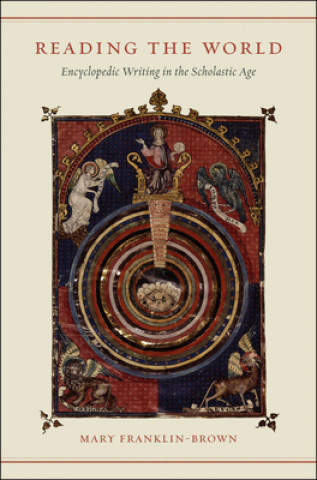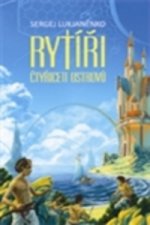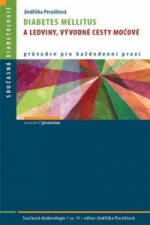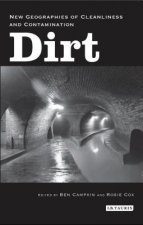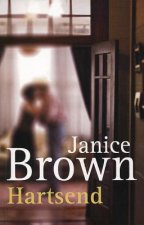
Delivery
Shopping guide





Doesn't suit? No problem! You can return within 30 days
 Gift voucher
any value
Gift voucher
any value
You won't go wrong with a gift voucher. The gift recipient can choose anything from our offer.
Reading the World
 English
English
 202 b
202 b
30-day return policy
You might also be interested in


The thirteenth century saw such a proliferation of new encyclopedic texts that more than one scholar has called in the "century of the encyclopedias." Variously referred to as a speculum, thesaurus, or imago mundi - the term encyclopedia was not commonly applied to such books until the eighteenth century - these texts were organized in such a way that a reader could easily locate a collection of authoritative statements on any given topic. Because they reproduced, rather than simply summarized, parts of prior texts, these compilations became libraries in miniature. In this groundbreaking study, Mary Franklin-Brown examines writings in Latin, Catalan, and French that are connected to the encyclopedic movement: Vincent of Beauvais' "Speculum Maius", Ramon Llull's "Arbor Scientiae" and Libre de meravelles, and Jean de Meun's "Continuation of the Roman de la Rose". Franklin-Brown analyzes the order of knowledge in these challenging texts; the diverse discourses that they absorb from preexisting classical, patristic, and medieval writing; and the ways in which the juxtaposition of those discourses alters their interplay. In doing so, she suggests revisions to our understanding of scholastic literary and intellectual practices, and a more nuanced view of medieval reading as an activity that involved evaluating, harmonizing, or even overlooking some passages in order to adjudicate meaning.
About the book
 English
English
Categories




 How to shop
How to shop















